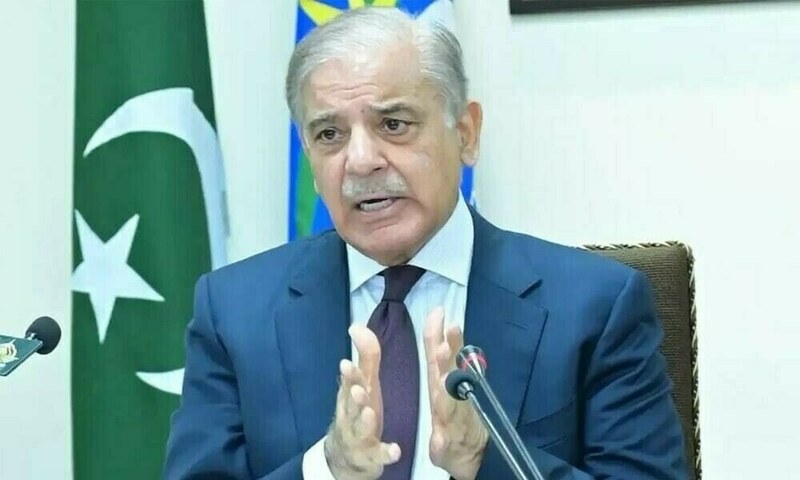Prime Minister Shehbaz Sharif has announced six stringent conditions for arrests in tax fraud cases, aimed at preventing the misuse of authority by the Federal Board of Revenue (FBR) and protecting taxpayers from undue harassment. The decision follows growing complaints from lawmakers and the business sector about arbitrary detentions and intimidation under the existing tax enforcement framework.
Chairing a high-level meeting to review FBR operations, Prime Minister Shehbaz emphasized that no citizen—especially taxpayers and business owners—should face mistreatment. He directed that arrests by FBR officials must be made only under well-defined circumstances and with proper oversight mechanisms in place.
According to the new rules:
-
No arrest will be permitted unless the individual has attempted to escape.
-
Arrests require proof of tampering with evidence.
READ MORE:
PTCL Group & TPL Insurance Partner to Enable Device Financing for Enterprises through Financial Guarantee Framework
-
Individuals who have ignored at least three formal summons may face detention.
-
Arrests will only be applicable in tax fraud cases involving significant amounts.
-
Executive-level arrests will only occur if the fraud exceeds Rs. 50 million.
-
All such arrests must be sanctioned by a special FBR board that includes a representative from the private sector, likely from a local chamber of commerce.
Prime Minister Shehbaz also directed the formation of a special committee to examine and review the FBR’s enforcement powers. The committee will recommend institutional checks and balances to ensure transparency and accountability within the tax system.
These new provisions are expected to be included in the Finance Act 2025, marking a significant step toward reforming Pakistan’s tax enforcement policies. The initiative seeks to strike a balance between cracking down on large-scale tax fraud and safeguarding the rights of honest taxpayers.
By implementing these reforms, the government aims to build trust between the state and the business community, promoting economic growth while ensuring tax compliance through fair means.



